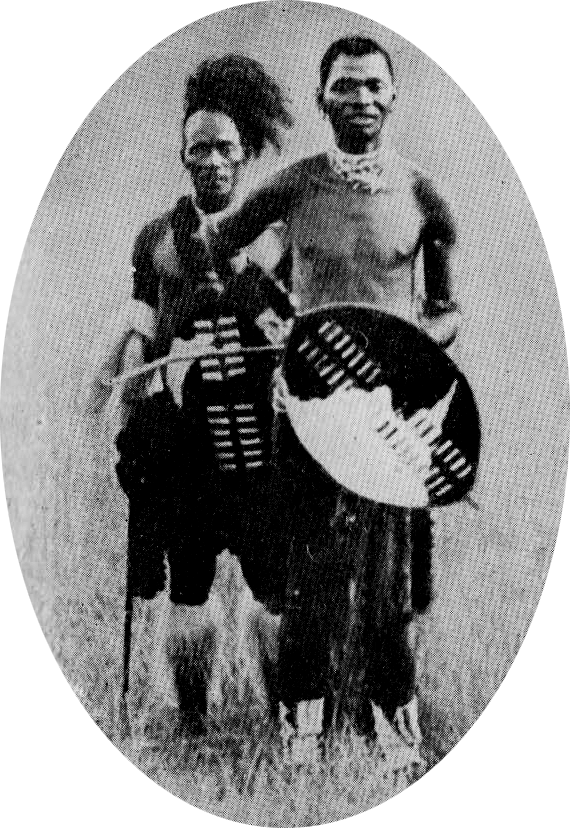Bhambatha on:
[Wikipedia]
[Google]
[Amazon]
 Bambata, or Bhambatha kaMancinza (c. 1865–1906?), also known as Mbata Bhambatha, was a Zulu chief of the amaZondi clan in the
Bambata, or Bhambatha kaMancinza (c. 1865–1906?), also known as Mbata Bhambatha, was a Zulu chief of the amaZondi clan in the
accessed 16 Sept 2015
/ref>
 Bambata, or Bhambatha kaMancinza (c. 1865–1906?), also known as Mbata Bhambatha, was a Zulu chief of the amaZondi clan in the
Bambata, or Bhambatha kaMancinza (c. 1865–1906?), also known as Mbata Bhambatha, was a Zulu chief of the amaZondi clan in the Colony of Natal
The Colony of Natal was a British colony in south-eastern Africa. It was proclaimed a British colony on 4 May 1843 after the British government had annexed the Boer Natalia Republic, Republic of Natalia, and on 31 May 1910 combined with three o ...
and son of Mancinza. He is famous for his role in an armed rebellion in 1906 when the poll tax was raised from a tax per hut to per head (£1 tax on all native men older than 18 – infamously called ukhandampondo), increasing hardship during a severe economic depression. Bhambatha claims that he was told to lead an armed rebellion by the de facto Zulu King Dinizulu
Dinuzulu kaCetshwayo (1868 – 18 October 1913, commonly misspelled Dinizulu) was the king of the Zulu nation from 20 May 1884 until his death in 1913.
He succeeded his father Cetshwayo, who was the last king of the Zulus to be officially reco ...
. Dinizulu disputed this account and no convincing evidence for either story is available.P. S. Thompson, ‘Bambatha ka Mancinza (1865/6–1906)’, Oxford Dictionary of National Biography, Oxford University Press, Oct 200accessed 16 Sept 2015
/ref>
Early years
It is unclear what year Bamatha was born due to no written records or birth certificates, but we estimate Bamatha was born in 1865, in Mpanza, near the town of Greytown, Natal Colony. He was the son of Chief Macinza, sometimes called Macinga, of the abakwa Zondi chieftaincy; and his mother, principle wife of Macinza, was the daughter of Chief Phakade, chief of an important Zulu chieftaincy, the Cunu. Bhambatha is also famous for being one of the 10,000 Zulu warriors to guard Shaka Zulus mother's grave for a year. He is said to have been a Zulu warrior under the strict Shaka Zulu Impi training and discipline.The rebellion
Bhambatha is famous for being one of the 10,000 Zulu warriors to guard Shaka Zulus mother's grave for a year, but he is better known for his role in an armed rebellion in 1906 when the poll tax was raised from a tax per hut to per head (£1 tax on all native men older than 18 - infamously called ukhandampondo) increasing hardship during a severe economic depression. The Natal Police believed Bhambatha was going to resist the tax with force and sent about 150 men to arrest him. Instead the police were ambushed and four policemen killed. Thousands of colonial troops were then sent after him, including cavalry and heavy artillery, leading to 3,500 casualties. The British government claimed Bhambatha was killed in action in theBattle of Mome Gorge
A battle is an occurrence of combat in warfare between opposing military units of any number or size. A war usually consists of multiple battles. In general, a battle is a military engagement that is well defined in duration, area, and force ...
, while it is commonly believed among the Zulu people that he fled and eventually settled in Mozambique
Mozambique (), officially the Republic of Mozambique ( pt, Moçambique or , ; ny, Mozambiki; sw, Msumbiji; ts, Muzambhiki), is a country located in southeastern Africa bordered by the Indian Ocean to the east, Tanzania to the north, Malawi ...
. He is often credited as an inspiration to South Africans during the anti-apartheid movement
The Anti-Apartheid Movement (AAM), was a British organisation that was at the centre of the international movement opposing the South African apartheid system and supporting South Africa's non-White population who were persecuted by the policie ...
.
References
Zulu people Year of birth uncertain 1860s births 1906 deaths {{SouthAfrica-bio-stub